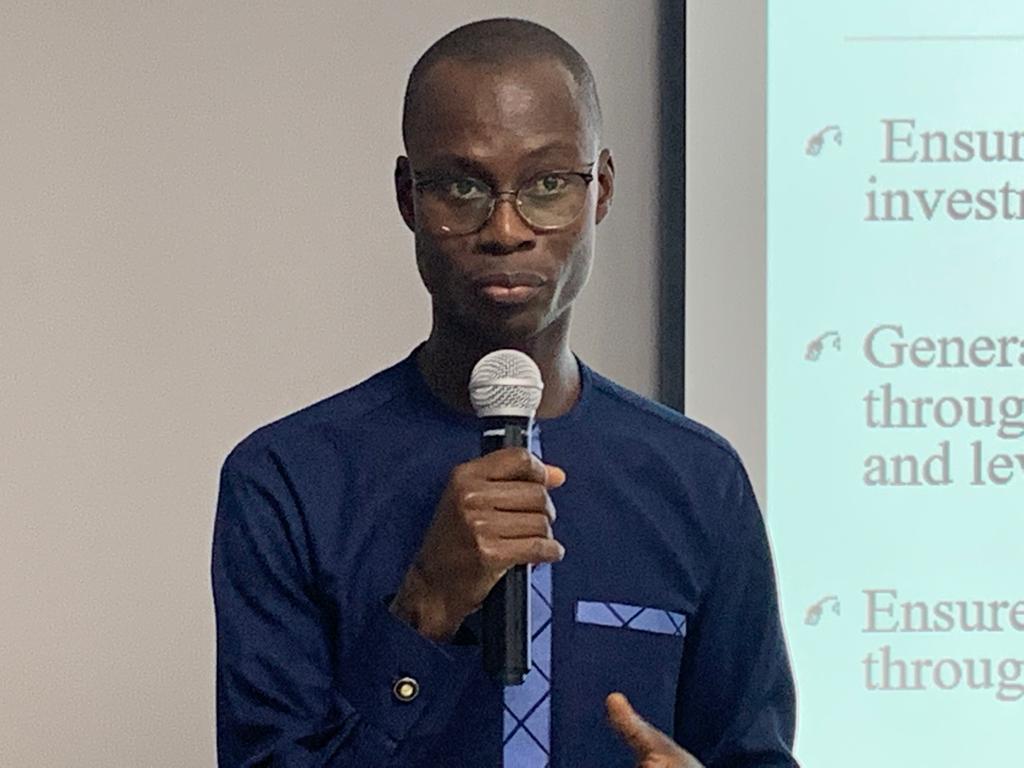Even though Ghana produces oil in large quantities, the country owns a paltry 27,000 barrels which represent 18 percent of the entire average of 150,000 barrels produced per day.
Head of Economic Regulation at the National Petroleum Authority, Abass Tasunti who revealed this indicated that the country consumes an average of over 96,000 barrels of crude oil a day “which is more than what the government owns.”
Mr. Tasuni said this in response to concerns often expressed by a section of the public as to why fuel prices are high in Ghana even though the country produces fuel. But Mr. Tasuni stated that the 18 percent of crude oil the country owns is woefully inadequate to influence a reduction in fuel prices in the country.
“So, what we own is not anything to really determine the price. Secondly, the price of the product itself is not really determined by the price of crude oil alone. There is a formula that takes into consideration the price of each refined product. Whatever revenue government gets from crude oil export, thus the 27, 000 barrels it owns, government can decide to use that revenue to cushion consumers in the form of subsidy or it can use that to reduce some of the taxes”
He said this in Bolgatanga during a media engagement on petroleum pricing formula post deregulation and on fuel quality.
The Head of Economic Regulation at the NPA mentioned that the factors that affect the pricing of petroleum products include natural disasters, wars, and political unrest. His comment comes on the back of the recent continuous hike at petroleum prices on the global market.
Mr. Tasunti demystified a misconception that the NPA decides the prices of petroleum products and said the recent price hikes can be attributed to the rippling effect of the Russia-Ukraine war.
“The whole of Europe depends on Russia closed to 40 percent of diesel demand and we depend on Russia for fuel for our cars. So, when this war started, it is not that Russia cannot supply the product to the country, but there have been sanctions imposed on Russia such that these European countries cannot get products from Russia. So as the supply reduces, prices increase.”
Mr. Tasuni clarified that the role of the NPA is to “ensure that consumers get value for money, so we don’t determine the prices per se but we make sure that the pricing is done according to formula so that the supply is getting value for money and the is getting value for money.”
Source: A1Radioonline.com|101.1Mhz|Joshua Asaah


